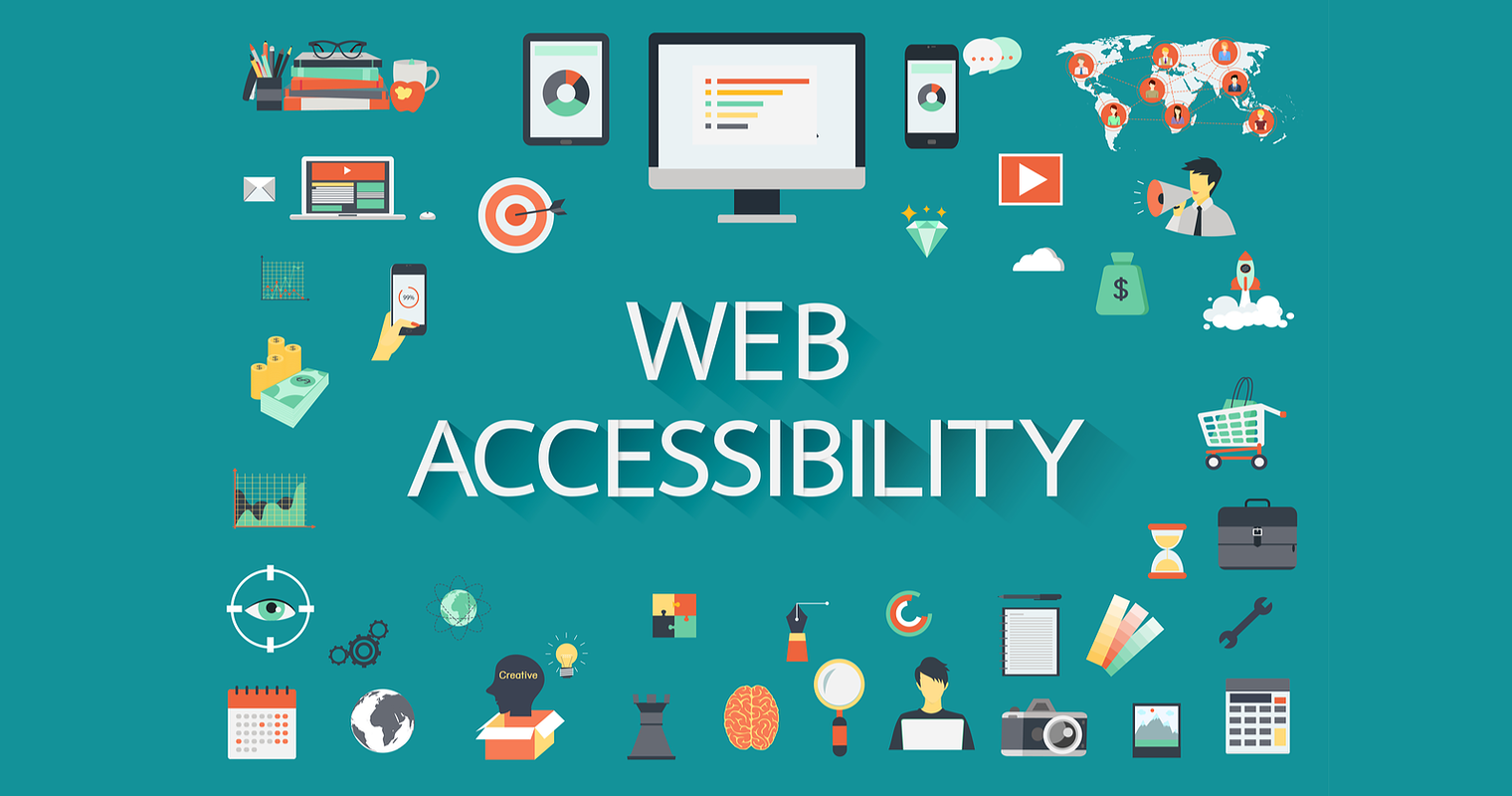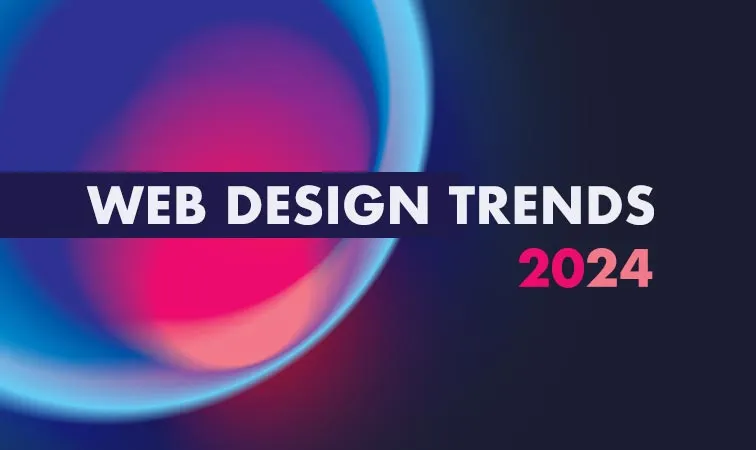
The Importance of Website Accessibility: Ensuring Inclusivity for People with Disabilities
In today’s digital age, the internet plays a crucial role in our daily lives, providing access to information, services, and opportunities like never before. However, for people with disabilities, accessing the web can often be a challenging and frustrating experience. This is why it’s important for websites to be accessible to everyone, including those with disabilities. In this blog post, we’ll explore the importance of website accessibility and why it’s essential for businesses and organizations to prioritize inclusivity in their online presence.
What is Website Accessibility?
Website accessibility refers to the practice of designing and developing websites in a way that ensures people with disabilities can perceive, understand, navigate, and interact with the web. This includes making content accessible to screen readers, providing keyboard navigation options, using color schemes that are easy to read for people with color blindness, and ensuring that videos are captioned for those who are deaf or hard of hearing.
Legal Requirements and Compliance
One of the primary reasons why website accessibility is important is due to legal requirements and compliance. In many countries, including the United States, the Americans with Disabilities Act (ADA) and the Web Content Accessibility Guidelines (WCAG) set standards for website accessibility. Failure to comply with these regulations can result in legal action, fines, and damage to a company’s reputation.
Ethical Considerations
Beyond legal requirements, there are ethical considerations that come into play when discussing website accessibility. It is a matter of social responsibility to ensure that everyone, regardless of their abilities, has equal access to information and services on the web. By making websites accessible, we are promoting inclusivity and diversity, which are fundamental values in a modern society.
Improved User Experience for Everyone
Designing websites with accessibility in mind not only benefits people with disabilities but also improves the user experience for everyone. For example, providing alternative text for images not only helps visually impaired users understand the content but also benefits users who have slow internet connections or who prefer to browse without images.
Increased Reach and Audience
Making a website accessible opens up new opportunities and expands the audience reach. People with disabilities make up a significant portion of the population, and by catering to their needs, businesses and organizations can tap into this market segment and potentially increase their customer base.
SEO Benefits
Many accessibility features, such as properly structured content and descriptive alt text for images, can also improve a website’s search engine optimization (SEO). Search engines like Google prioritize websites that are accessible and user-friendly, so implementing accessibility features can help improve a website’s visibility in search engine results.
Enhanced Reputation and Brand Image
Demonstrating a commitment to accessibility can enhance a company’s reputation and brand image. By showing that they care about inclusivity and diversity, businesses and organizations can build trust with their audience and create a positive impression that sets them apart from competitors.
Future-Proofing
As the population ages, the number of people with disabilities is expected to increase. Designing websites with accessibility in mind now can help future-proof them against changing demographics. By investing in accessibility, businesses and organizations can ensure that their websites remain relevant and useful to a diverse range of users.
In conclusion, website accessibility is not just a legal requirement – it’s a moral imperative and a smart business decision. By making websites accessible, we are not only meeting legal obligations but also promoting inclusivity, improving user experience, and expanding our reach. In a world that is increasingly reliant on digital technology, ensuring that everyone has equal access to the web is essential for building a more inclusive and equitable society.

